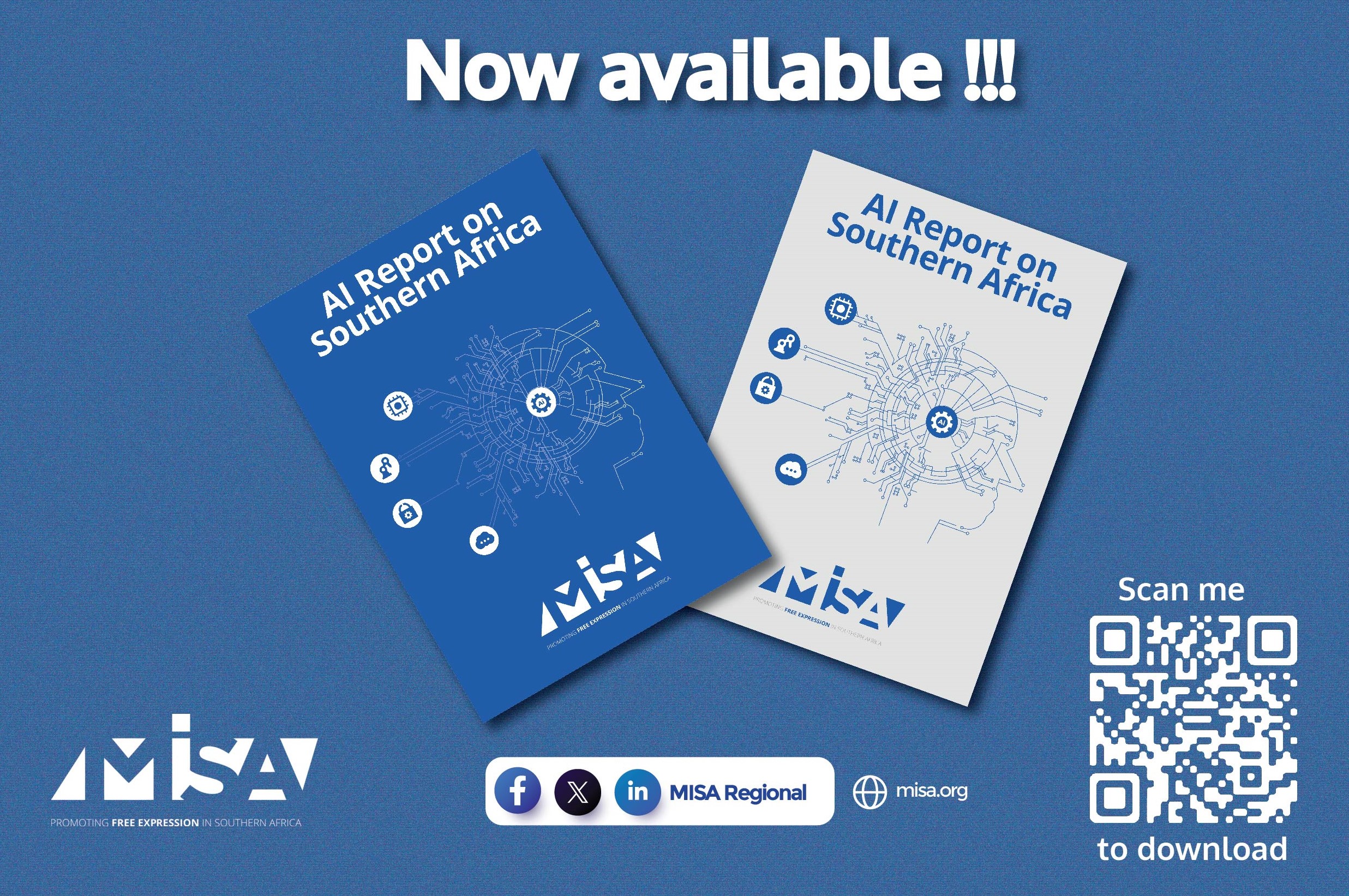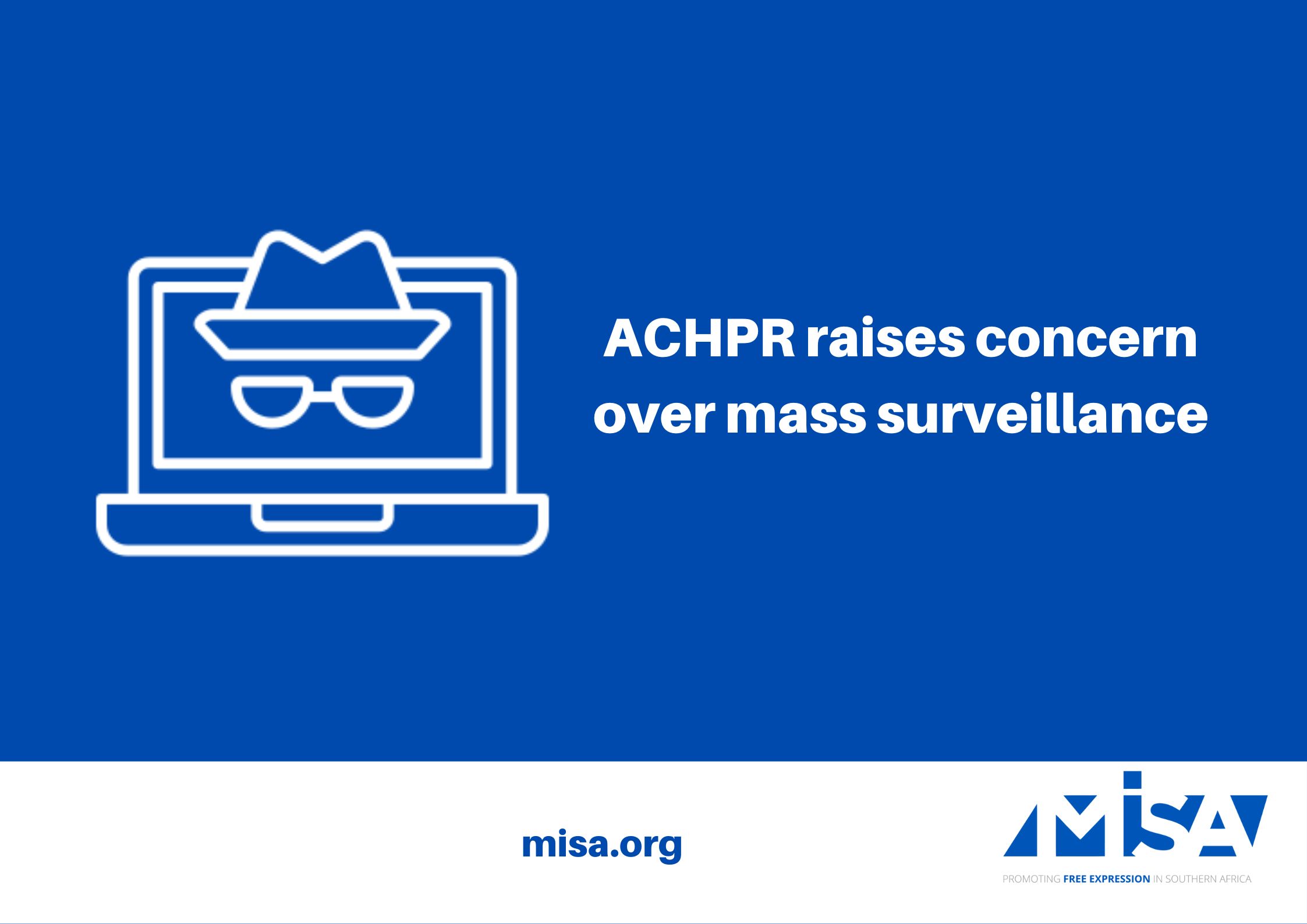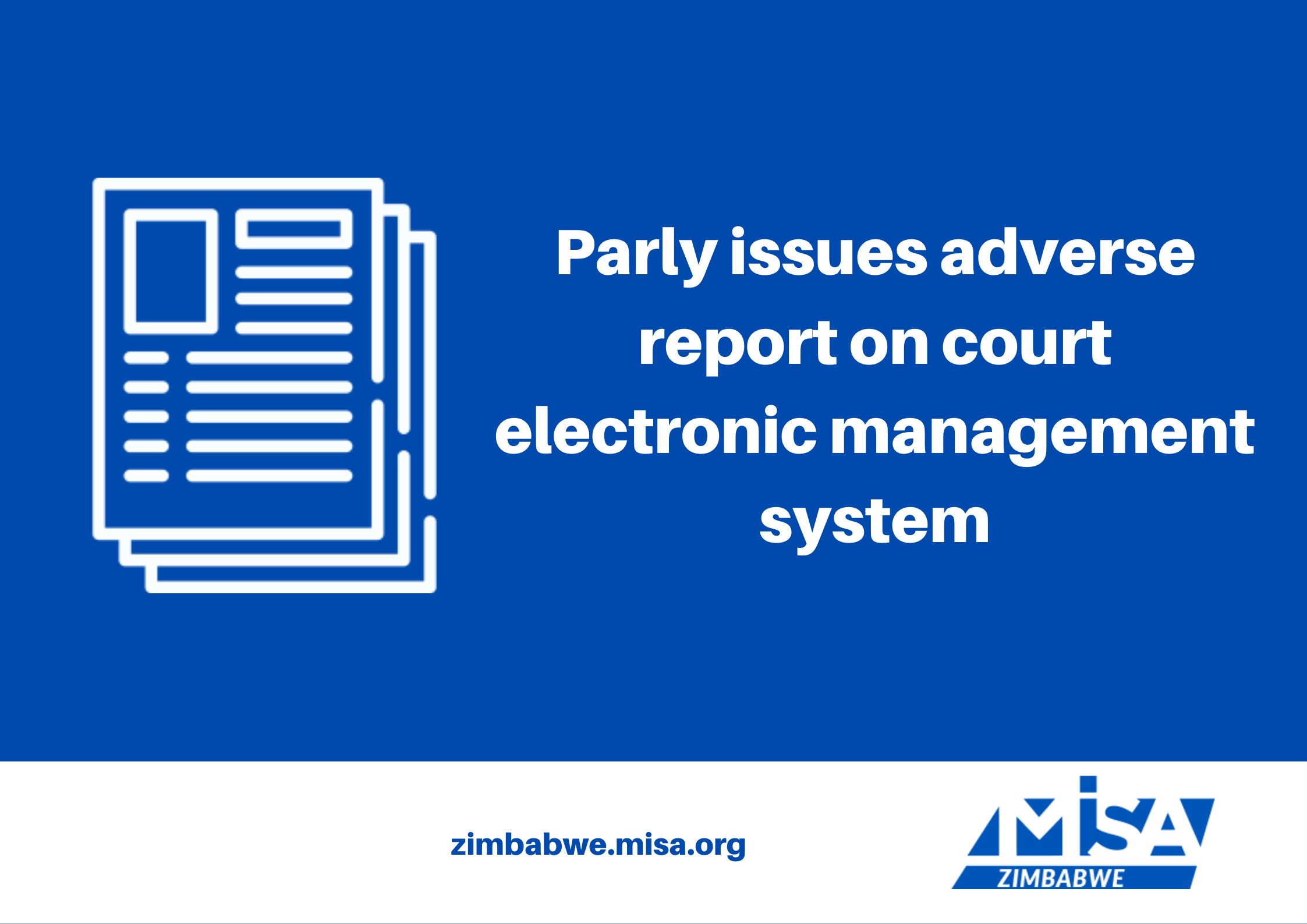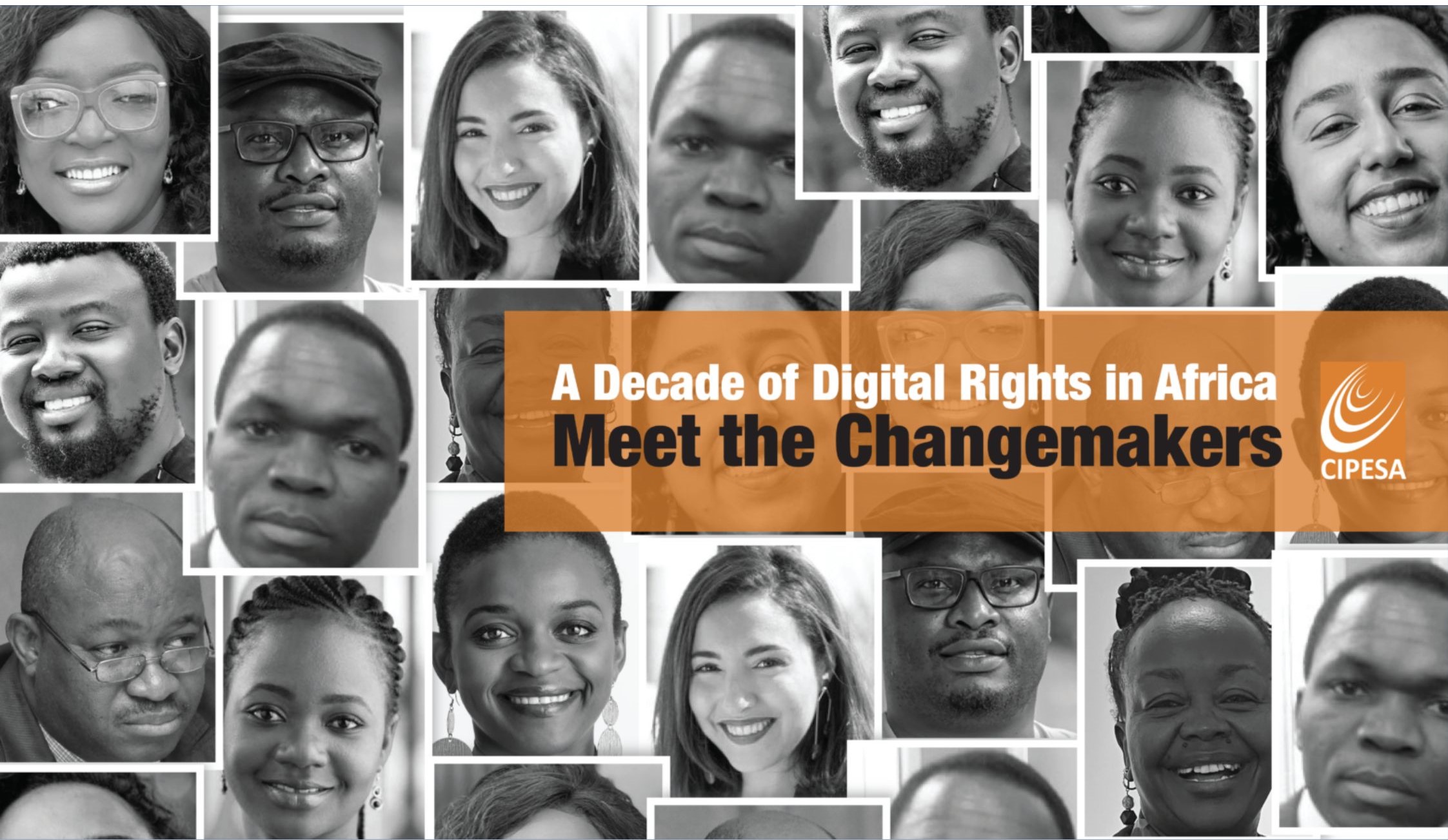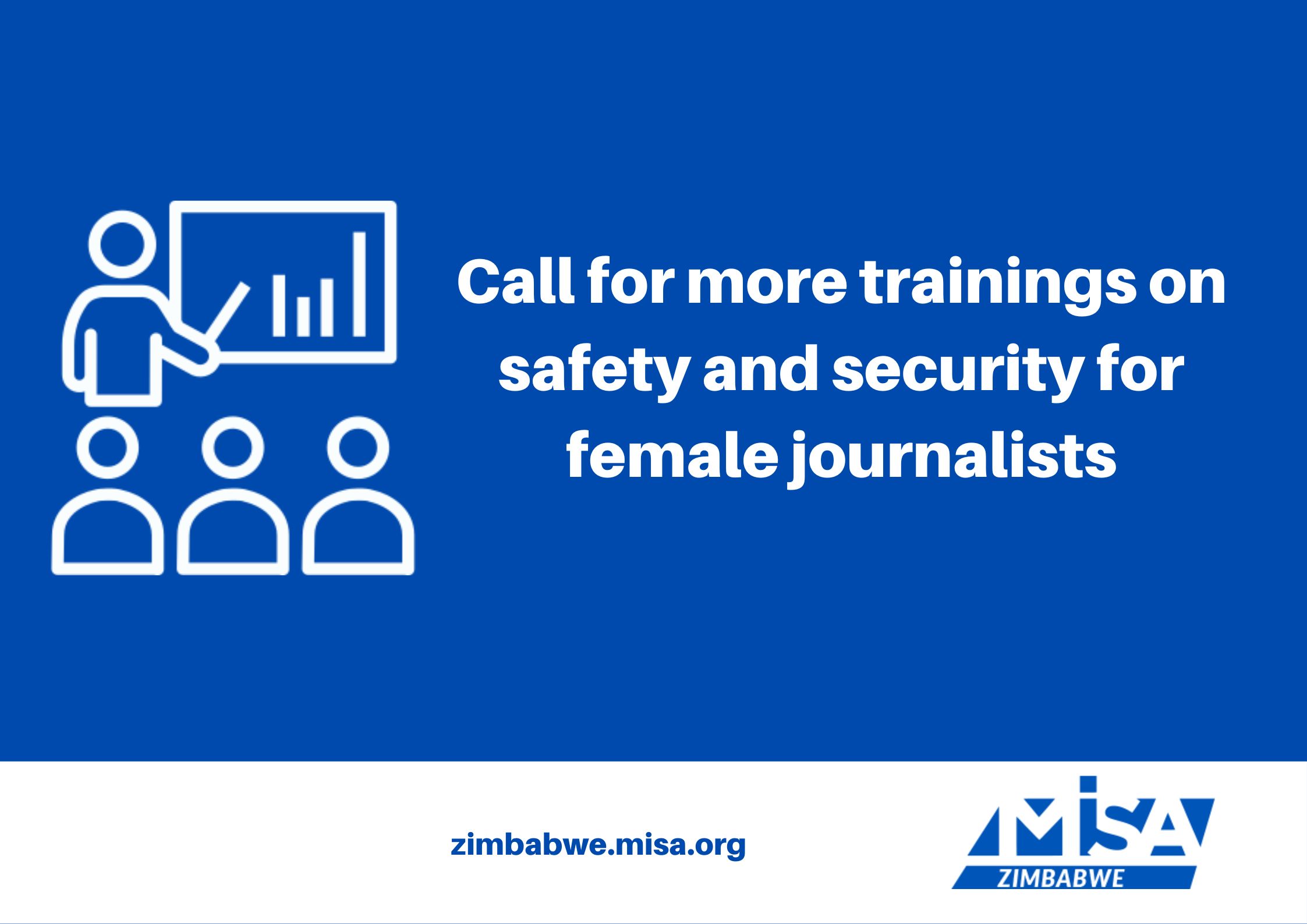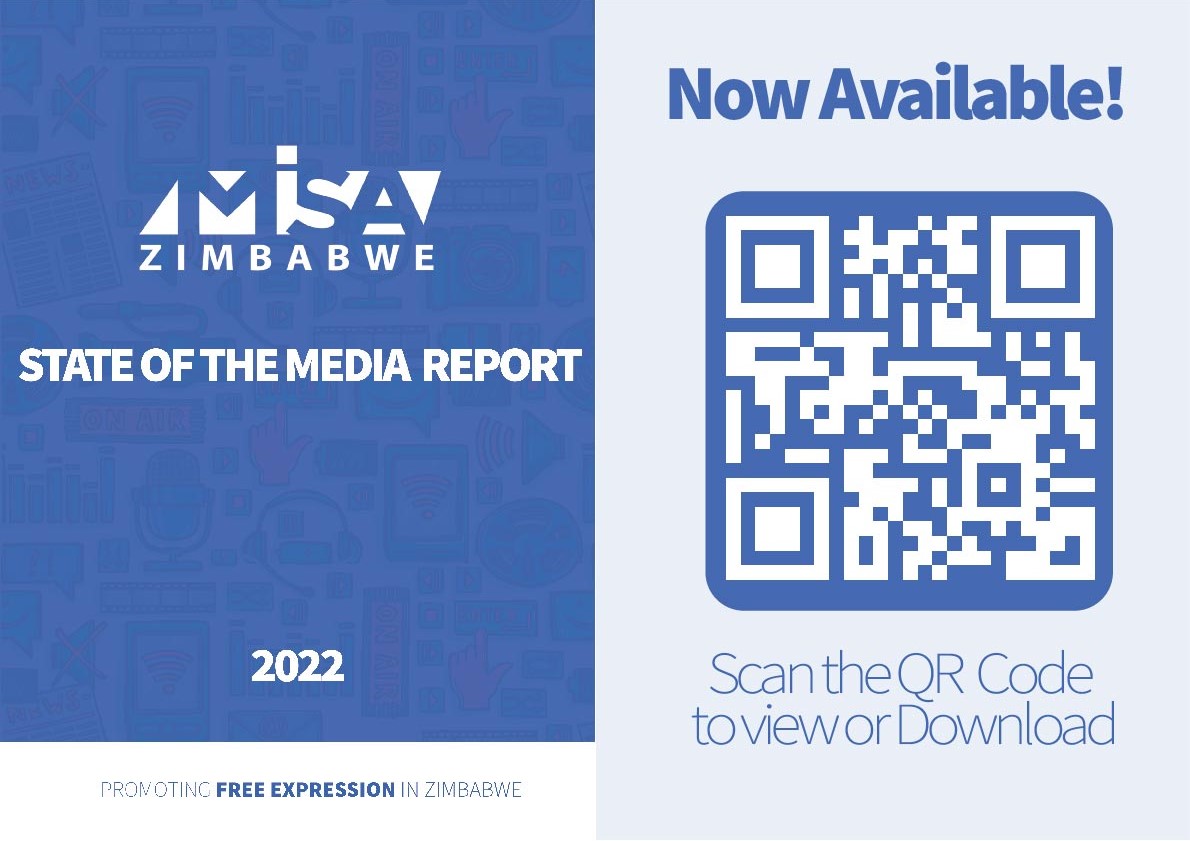The Broadcasting Authority of Zimbabwe (BAZ) on 11 September 2018 approached the Supreme Court contesting a ruling by the High Court that it had acted outside the scope of its powers when it cancelled the licence of content distributor and partner of Econet Media, Dr Dish Pvt Limited.
Dr Dish partnered Econet Media for the distribution of Kwese TV content.
High Court Ruling
On 8 September 2017, High Court Judge, Justice Charles Hungwe made the ruling following an urgent chamber application against the cancellation of a license by Dr Dish on 1 September 2017. The application cited BAZ as the first respondent and its Chief Executive Officer (CEO), Obert Muganyura as the second respondent.
In making the ruling, Justice Hungwe pointed out that the role of the BAZ CEO was restricted to ‘managing operations and property of the Authority’ as outlined in clause 9(5) of the Fourth Schedule of the Broadcasting Services Act (BSA).
He added that Muganyura could not competently make such a decision since BAZ presently has no board. He further noted that this action would only have been legitimate had he earlier facilitated the appointment of a board, which has the prerogative to handle licensing matters.
In passing judgement on the application by Dr Dish for interim relief (interdict), Judge Hungwe noted that the applicant had proved the essential elements entitling it to the relief sought. These included prospects of establishing a clear right, the heavy loss on capital investments that would be suffered by the applicant and third parties who had committed themselves to their services.
Justice Hungwe set aside the cancellation of the license and allowed Dr Dish to conduct business according to its licensing conditions, pending finalisation of the main dispute.
BAZ Supreme Court Application
In its notice of appeal, BAZ through its lawyers Chitapi and Associates argued that the High Court had no jurisdiction to preside over the case and that it had erred in finding urgency in a matter that was far from being urgent.
BAZ further noted that the High Court had also erred in failing to note that Dr Dish had a more effective remedy provided for by Section 43 of the BSA. The Section outlines the nature of and process for making appeals against decisions made by the regulatory body. It provides for appeals within twenty-eight days of notification of decisions or actions of the Authority through the Administrative Court.
Background
In October 2012, BAZ issued Dr Dish a license to distribute satellite television content of MYTV Africa. The licence expires in September 2022. On 12 October 2016, BAZ Chief Executive Officer wrote a letter asking Dr Dish to show cause why its licence should not be cancelled following its inability to broadcast. Dr Dish noted that MYTV Africa had lost its content rights over Zimbabwe and that it had partnered, Econet Media for the broadcast of Kwese TV satellite content. Dr Dish also explained it was in the process of mobilising funds to pay off its licence arrears, which were later paid off to the authority.
BAZ cancelled the licence on 22 August 2017.
MISA Zimbabwe position
MISA Zimbabwe reiterates that there is a need for wholesome reform of the country’s current broadcasting regulatory framework. In particular, is the need for public consultation and parliamentary oversight in the appointment of a politically neutral BAZ board that is representative of and accountable to the broader Zimbabwean society.





